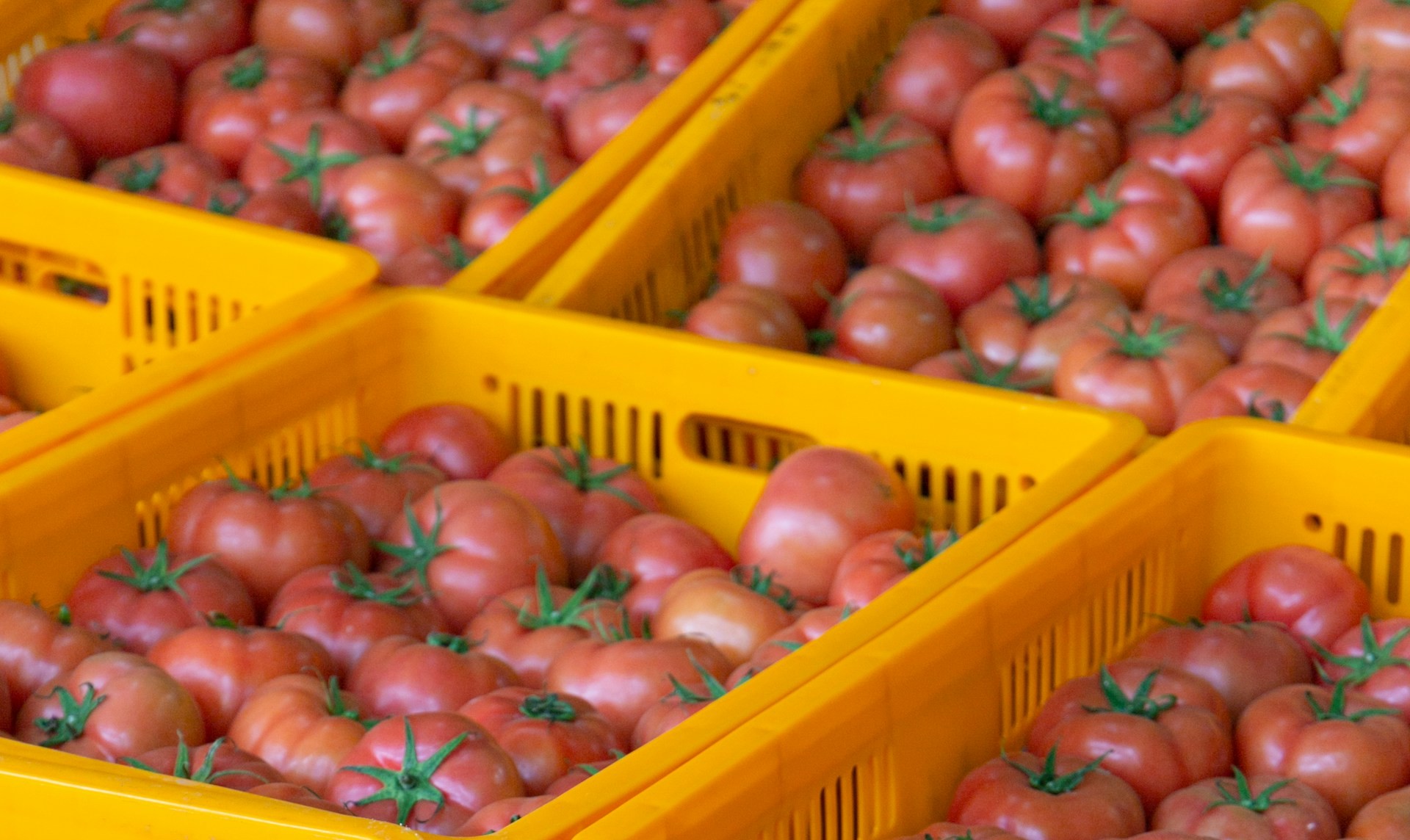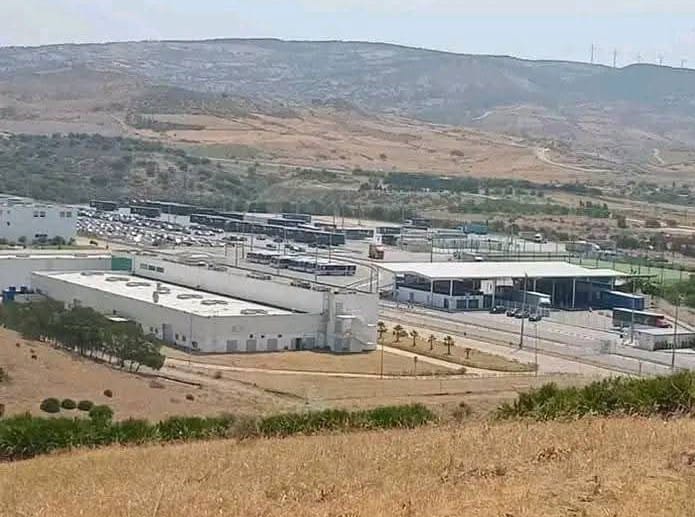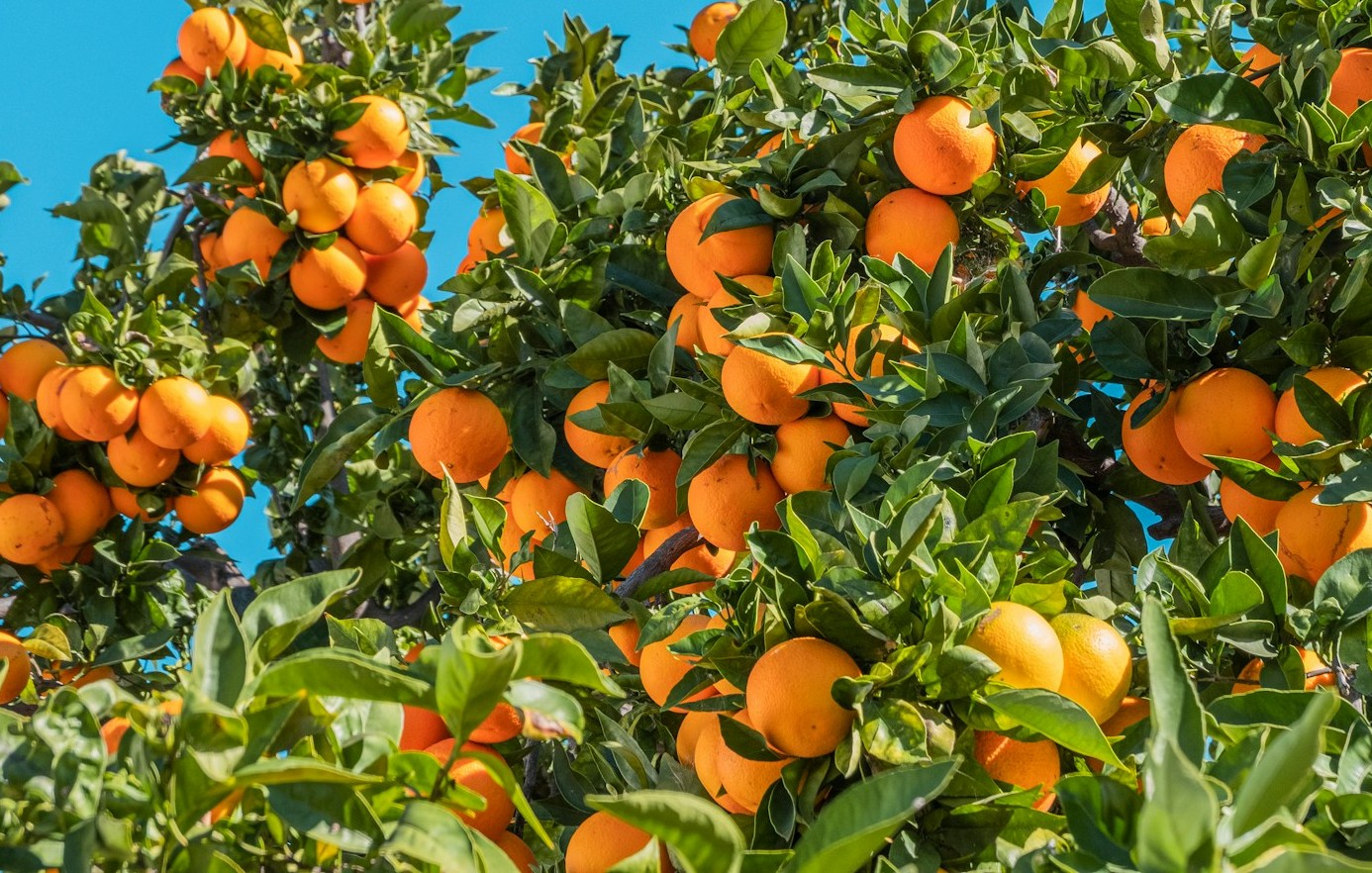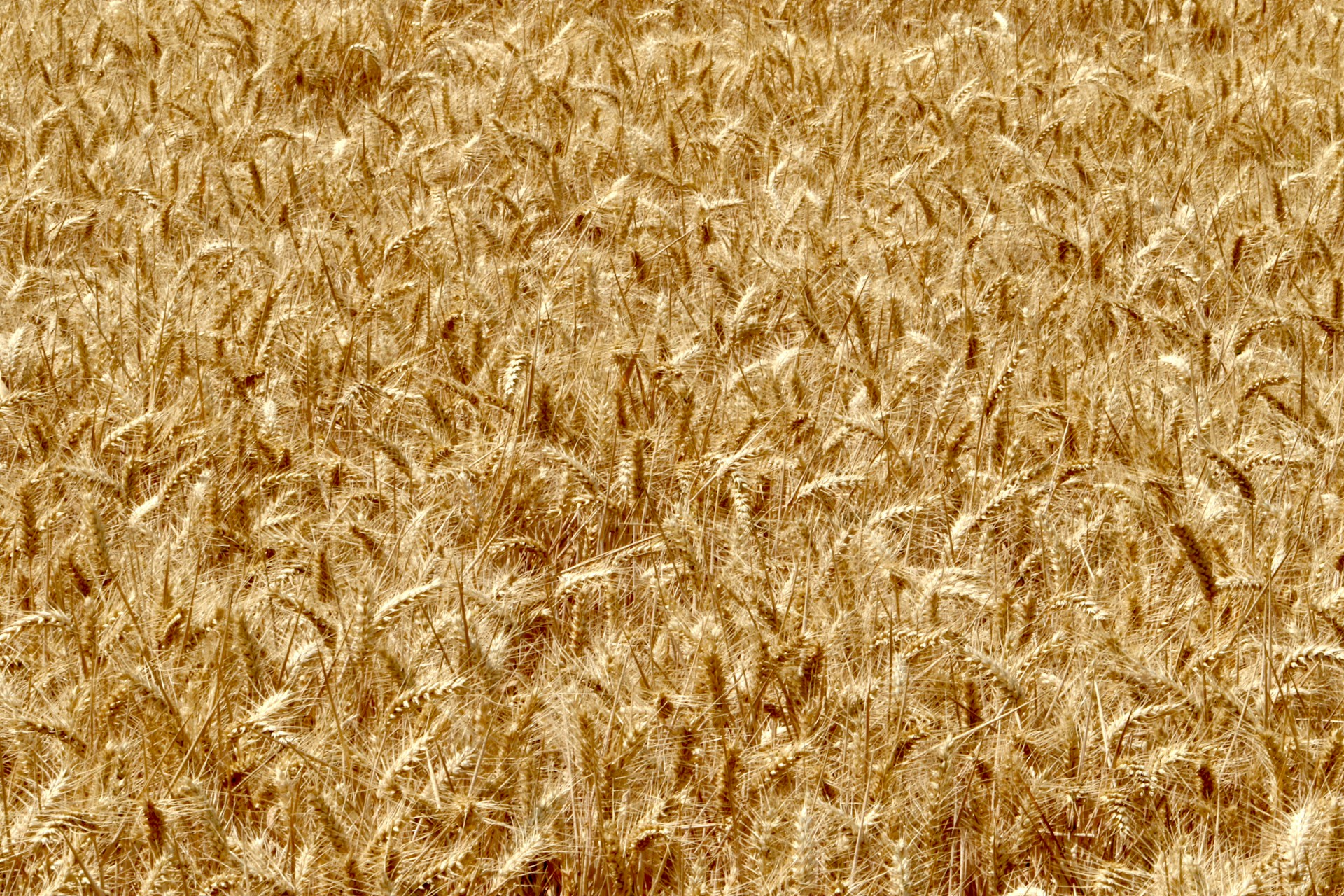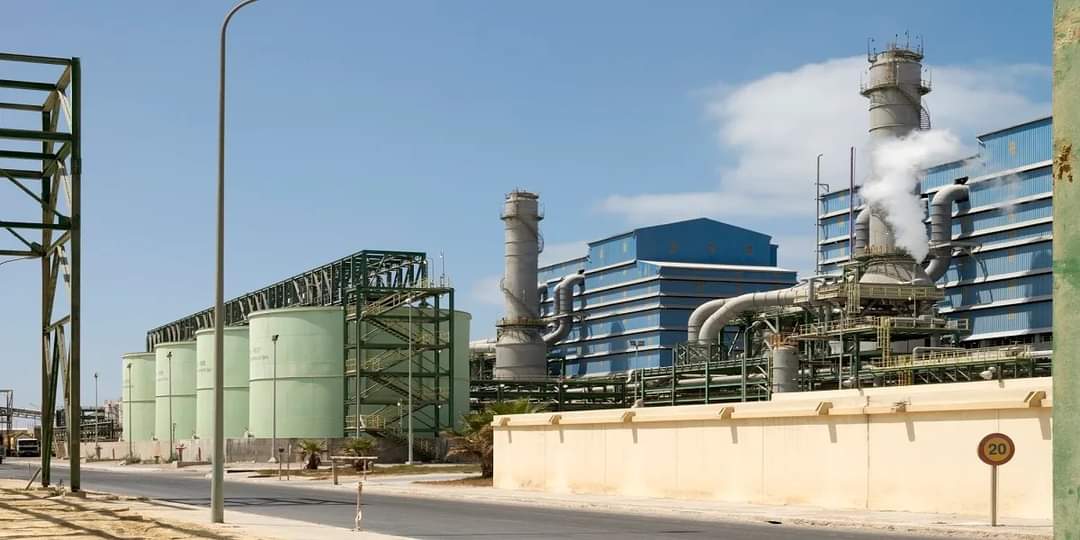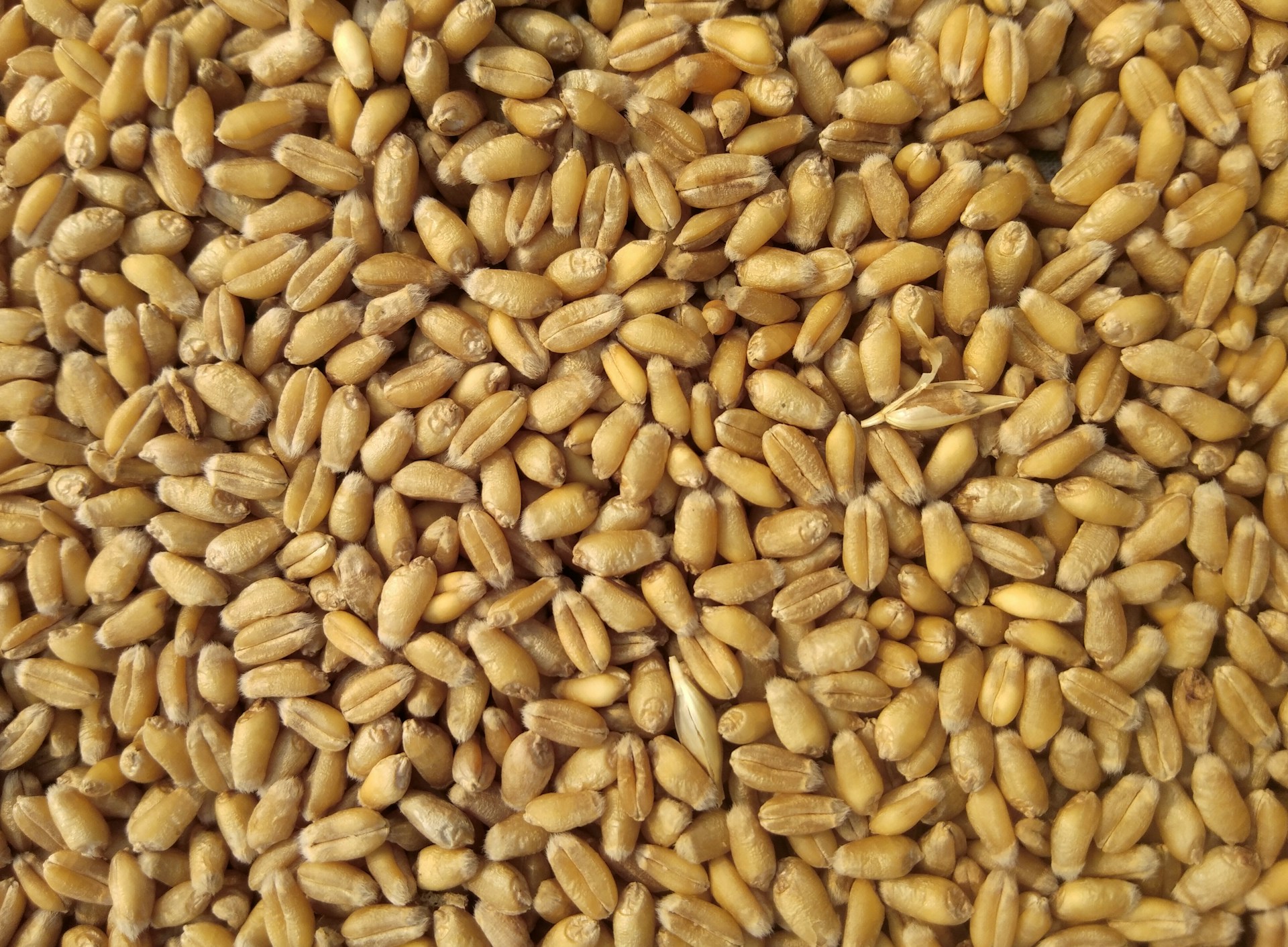Casablanca – Morocco’s wheat imports have surged to 15 million quintals as of the end of August, reflecting a significant need for soft wheat amid stable global prices. This increase comes as the kingdom grapples with a substantial decline in domestic grain production, which has fallen by 43%, totaling only 31.2 million quintals compared to 55.1 million quintals in the previous 2022-2023 season. This decline is primarily attributed to adverse weather conditions that have hampered crop yields across the country.
In terms of sourcing, France continues to dominate as Morocco’s primary supplier, providing 4.8 million quintals of wheat. Following France are Russia and Germany, with exports of 3.4 million and 1.4 million quintals, respectively. Additionally, Poland and Ukraine have contributed to the supply, with Ukraine exporting 1.4 million quintals during the same period. This diverse sourcing strategy highlights Morocco’s efforts to secure wheat from multiple countries to ensure a stable supply.
Looking ahead, experts anticipate an increase in the pace of soft wheat imports over the next four months, driven by the need to fulfill national requirements and the stabilization of global prices. This projection indicates that Morocco’s total wheat imports could reach between 17 and 18 million quintals by the end of 2024. The ability to meet these import needs will be crucial in maintaining food security within the kingdom, particularly as global market conditions continue to fluctuate.
The United Nations Food and Agriculture Organization (FAO) has also weighed in on Morocco’s wheat import situation, predicting that the country will import approximately 7.5 million tons of wheat this year. This marks a 19% increase compared to previous years, aimed at compensating for the anticipated drop in local production. The FAO report underscores the importance of international wheat supplies to Morocco, especially in light of the challenges posed by domestic agricultural conditions.
The organization also forecasts a broader increase in wheat imports across Africa, projecting a rise of 2.2% to a record 55.6 million tons during the same period. Morocco is expected to account for a significant share of this increase, reaffirming its position as a key player in the regional wheat market.
The challenges facing Morocco’s agricultural sector are further compounded by ongoing issues such as drought and water scarcity, which have led to an unprecedented decline in cultivated areas. In a recent interview, Minister of Agriculture Mohamed Sadiki highlighted the serious impact of these environmental factors, noting that the country is experiencing severe water shortages that have adversely affected agricultural productivity.
As the agricultural landscape continues to evolve, Morocco’s reliance on imported wheat is likely to remain critical in ensuring food security in the coming months. The government will need to navigate these challenges by fostering strong trade relationships with supplier countries, investing in agricultural resilience, and exploring strategies to improve domestic production capacities.
As Morocco grapples with significant declines in wheat production, its dependence on imports from countries like France, Russia, Germany, Poland, and Ukraine is set to intensify. With projections indicating a possible increase in total imports and the FAO’s expectations of a broader regional rise in wheat demand, Morocco’s wheat import dynamics will be crucial in addressing the challenges ahead and securing the kingdom’s food future.

